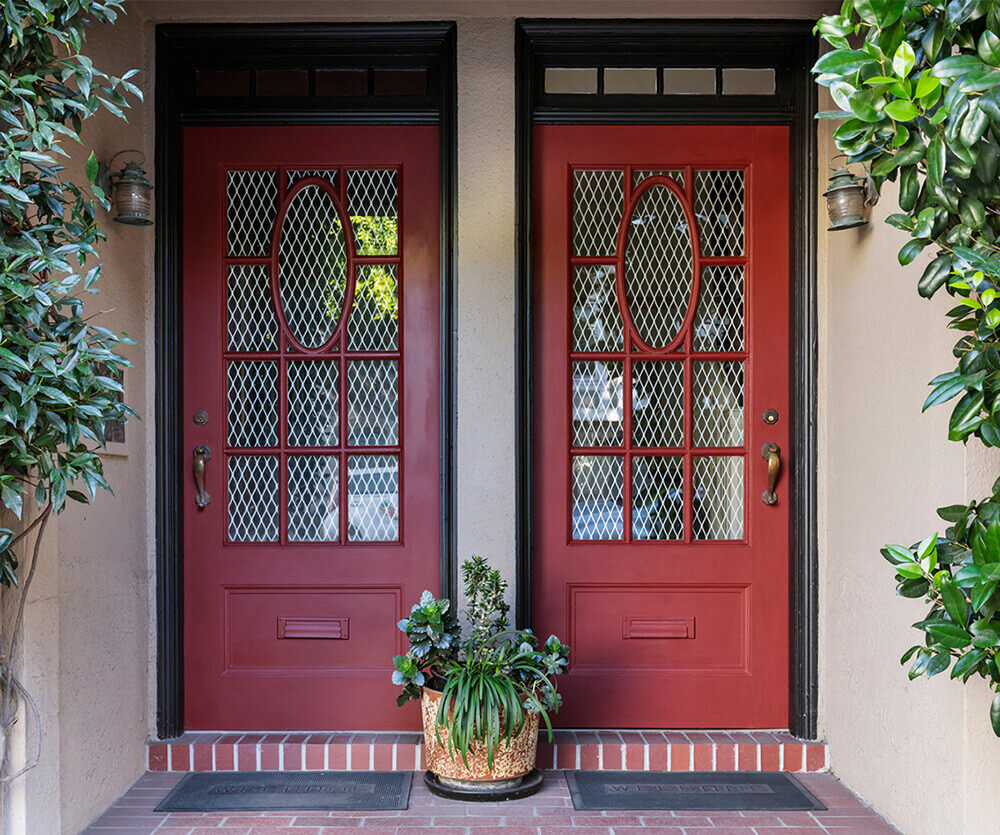Escrow defined
Escrow is when a neutral third party holds onto funds from both the buyer and the seller. This escrow agent oversees these assets until specific terms and conditions are completed. It’s a common part of the homebuying process and often prompts the question: what is escrow on a mortgage?
Escrow serves a dual purpose. First, it gives the seller a sense of security by ensuring that the buyer has enough funds to complete the purchase. Second, it helps the buyer feel confident that they will not be the victim of fraud from the seller.
It creates a win-win situation for all parties, allowing them to be confident in the transaction’s outcome before closing costs.
How escrow works in the mortgage process
-
There are two different types of accounts used at different stages in the mortgage process.
- An account used to hold earnest money. This happens when buying a home and is typically managed by a title company.
- An account used to pay for homeowners insurance, property taxes, and mortgage insurance. This happens after taking ownership of a home and is typically managed by a servicer or mortgage lender.
-
Once a seller accepts an offer on a home, an escrow account is usually established. The homebuyer puts down a certain amount of earnest money to show the seller they are serious about purchasing the property. This is typically due within 72 hours of the offer being accepted.
The amount of earnest money – also known as a good faith deposit – can vary. Typically, a buyer will put down 1% to 2% of the purchase price of the home. If the market is competitive, a real estate agent may guide the buyer to put down a larger percentage. This is common in an instance where multiple offers are being made on the same property or in a popular neighborhood.
Typically, the earnest money is held in an escrow account managed by a title company, escrow company, attorney, or bank. What happens with the escrow payment can vary depending on the scenario.
Sometimes, a buyer has to back out of a transaction before the home purchase goes through. The seller may be given the earnest money to help cover the expense of having to re-list the home.
Other times, the deal may fall through due to something coming up during a home inspection. In that case, the buyer may be given the earnest money back.
If the home being purchased is new construction, escrow money will be held until the final signoff on the construction work.
Once the transaction does go through successfully, the earnest money will be used toward the buyer’s down payment.
-
Once a home has been purchased, a new kind of escrow account is created. This account is set up to hold funds for certain tax and insurance payments related to the property.
Depending on the amount of down payment put down, the mortgage lender may require the borrower to set up a mortgage escrow account as part of the mortgage agreement. The funds in the mortgage escrow account are used to ensure certain expenses are paid for and paid on time. These may include homeowners insurance, property taxes, and mortgage insurance.
To set up the account, the lender will calculate the total expenses that must be paid for the year. The lender will divide this amount by 12 and add it to the existing monthly mortgage payment. This is known as an escrow payment and is held by the mortgage company. In addition, your lender will normally require money upfront to help jump-start the escrow account along with a cushion amount.
Each month, when the mortgage payment is made, a portion of the total payment made is deposited into the escrow account. The mortgage lender uses the funds in this escrow account to pay for property taxes and insurance premiums when they’re due. This helps ensure that these expenses are paid promptly and that the property remains protected.
Homeowners insurance
Homeowners insurance is property insurance that protects your home from losses and damages. It includes personal property insurance that covers assets, belongings, and liability coverage against home accidents.
A home insurance policy payment is in the monthly cost of the homeowner’s mortgage when escrowed. Therefore, to protect your new home, homeowners insurance is essential.
Mortgage insurance
Mortgage insurance is typically required for borrowers who make a down payment of less than 20% when purchasing a home. This insurance protects the mortgage lender if a borrower fails to make timely payments.
What doesn’t escrow cover?
Escrow services do not cover all expenses related to owning a new home. The homeowner will need to budget and manage the payment of their utility bills, homeowners association fees, or other home services.
Final thoughts
When it comes to escrow, keep in mind that your real estate agent and mortgage loan officer are experts that will guide you through the process. Whether you are preparing to buy a home or put your home on the market, consult with your local loan officer to best understand the escrow process.





